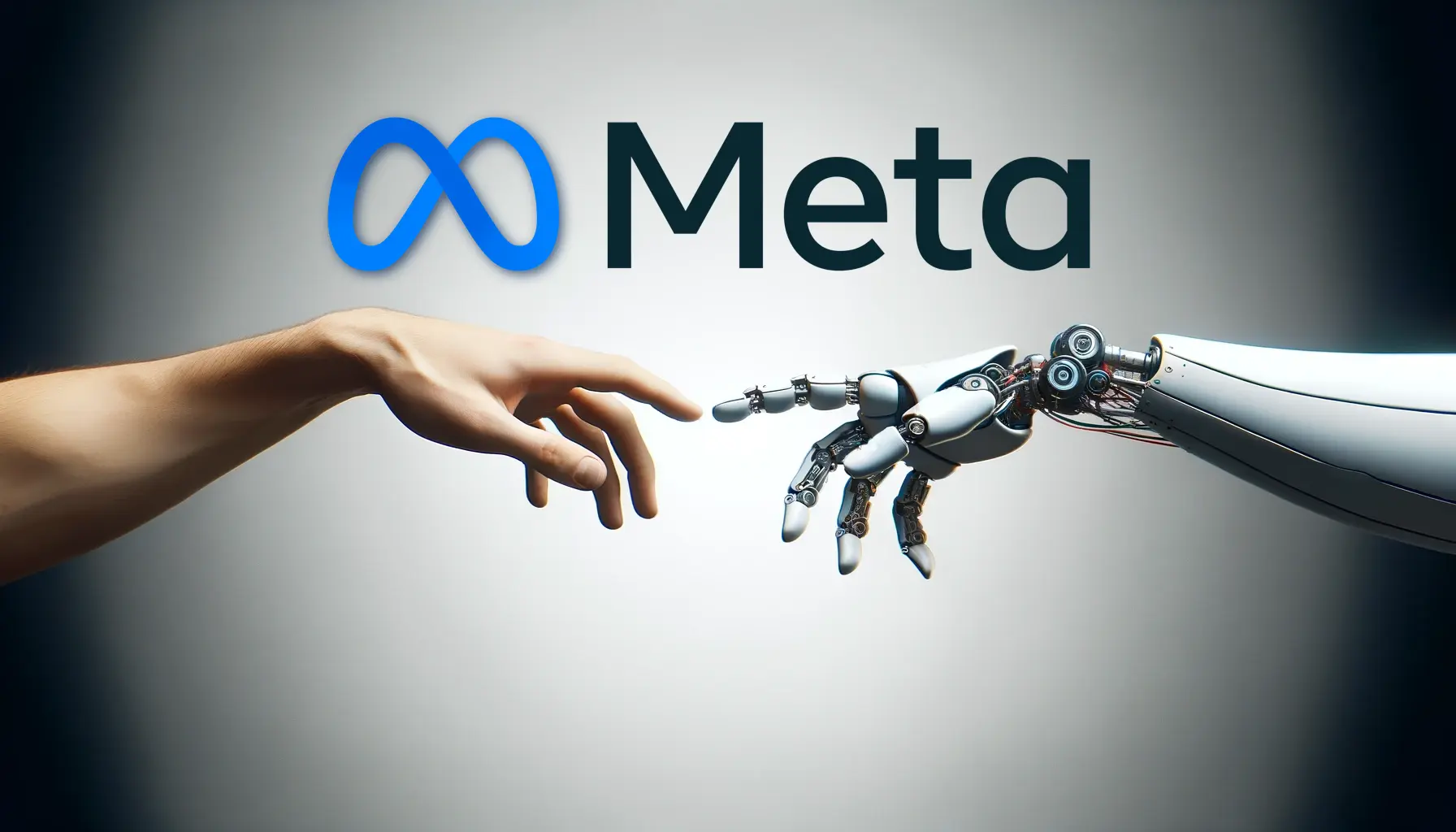Meta, the tech giant formerly known as Facebook, has set its sights on a bold and transformative goal: the development and open-sourcing of general intelligence, as revealed by CEO Mark Zuckerberg. This initiative, announced on January 18th, aims to create AI systems that match human-level general-purpose intelligence, a concept commonly referred to as Artificial General Intelligence (AGI).
The AGI Ambition
Zuckerberg’s vision aligns with the efforts of other leading tech companies like OpenAI and Google. However, Meta’s approach is distinct in its commitment to open-source this powerful technology. By doing so, they hope to democratize the benefits of AGI, allowing widespread access and collaborative development.
Investing in Advanced Hardware
To realize this vision, Meta plans to invest heavily in cutting-edge technology, specifically NVIDIA’s Hopper-based GPU ‘H100’, deploying an astonishing 350,000 units by the end of 2024. This move underscores the resource-intensive nature of AI research and development, highlighting the technological leaps required to achieve AGI.
Next-Generation AI: ‘Llama 3’
Meta is not just investing in hardware but also in the next generation of Large Language Models (LLM). Their upcoming LLM, dubbed ‘Llama 3’, will be a centerpiece in this endeavor, with a focus on responsible and safe training practices.
Bridging AI and Daily Life
The Role of Smart Glasses
A key aspect of Zuckerberg’s vision involves integrating AI into our daily lives. He predicts that within a decade, many will use Meta-developed smart glasses to interact with AI routinely. This idea reflects a future where AI is not just a tool but an integral part of our daily interactions and experiences.
FAIR and Generative AI: A Collaborative Force
To support these ambitious goals, Meta is enhancing the collaboration between its Fundamental AI Research (FAIR) team, led by Chief AI Scientist Yann LeCun, and the Generative AI department. This partnership is crucial in developing human-level AI assistants capable of understanding, perceiving, remembering, reasoning, planning, and acting in the world.
Looking Ahead: The Promises and Challenges
The Ethical Implications
As we stand on the brink of this new AI era, it’s vital to consider the ethical implications of such technology. Issues surrounding privacy, data security, and the societal impact of pervasive AI must be addressed. It’s imperative that as we advance technologically, we also establish robust ethical frameworks to ensure these technologies are developed and deployed responsibly.
The vision of a future mediated by AI, particularly through devices like smart glasses, is both exhilarating and challenging. It opens up new possibilities for interaction and understanding but also brings forth questions about the role of AI in our lives and society.
Conclusion
Meta’s ambitious project to build and open-source general intelligence marks a significant moment in the history of AI. While the prospects are exciting, they also come with great responsibility. As we embark on this journey, it’s crucial to balance innovation with careful consideration of the broader implications of such transformative technology.
Stay updated with the latest in AI technology’s developments by following our tech blog!



